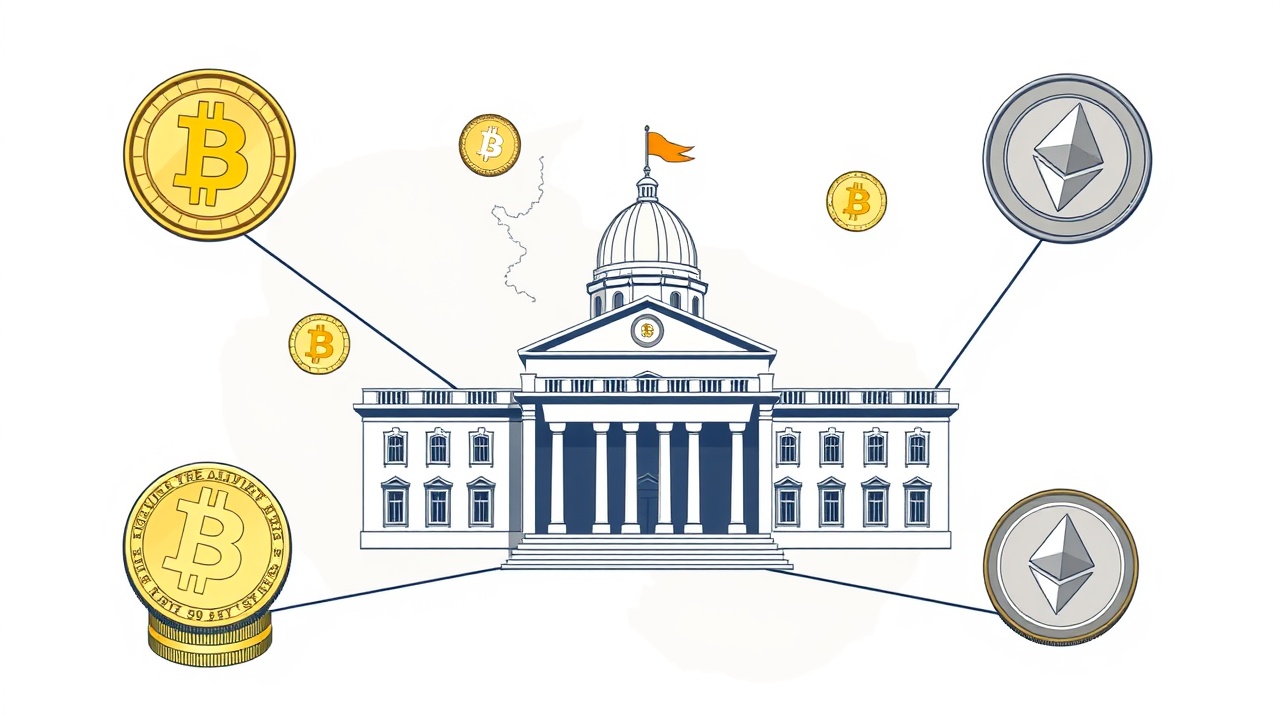Proposed Cryptocurrency Legislation in Guatemala
In a significant move towards cryptocurrency regulatory clarity, Representative Shirley Rivera has proposed a new bill in the Guatemalan Congress designed to establish a framework for the use of digital currencies in the country. This legislation, composed of 15 articles, aims to position Guatemala as a leader in cryptocurrency governance by detailing specific guidelines for citizens and businesses that wish to engage in cryptocurrency transactions.
Key Provisions of the Bill
Among its key provisions, the draft bill introduces tax exemptions for individual transactions involving digital currencies, allowing cryptocurrency to be utilized voluntarily for various payments despite it not being classified as legal tender. These rules acknowledge the potential of cryptocurrencies to enhance financial inclusion, calling upon the government to foster innovation and support the integration of digital assets into the economic landscape.
Notably, while the proposal states that
“cryptocurrencies will not be legal tender,”
it emphasizes that they can still be employed for legitimate public and private transactions. Additionally, it delineates that both digital wallets and cryptocurrency exchanges must register with the Superintendence of Banks (SIB) and fall under its regulatory authority to ensure lawful operation.
Tax Implications and Economic Context
Under this new framework, cryptocurrency transactions would be exempt from capital gains tax when used for purchasing goods or services that are also priced in crypto or held as a savings instrument. However, commercial transactions executed with cryptocurrency would still incur taxation.
This bill’s introduction underscores a broader trend in Latin America, where nations are rapidly establishing comprehensive cryptocurrency regulations to keep pace with this evolving financial sector. Recent actions by traditional financial institutions in Guatemala, such as Banco Industrial’s launch of a cryptocurrency service for remittances via its mobile platform, signify the growing acceptance and integration of digital currencies.
Cautious Stance of Guatemalan Authorities
It is important to note that, as of January, the Central Bank of Guatemala reaffirmed that cryptocurrencies do not hold the status of money and recognized only the Guatemalan quetzal as legal tender. Central Bank President Álvaro González Ricci reiterated that cryptocurrencies are classified as investment assets rather than currency, reflecting the cautious yet progressive stance of Guatemalan authorities towards digital finance.




